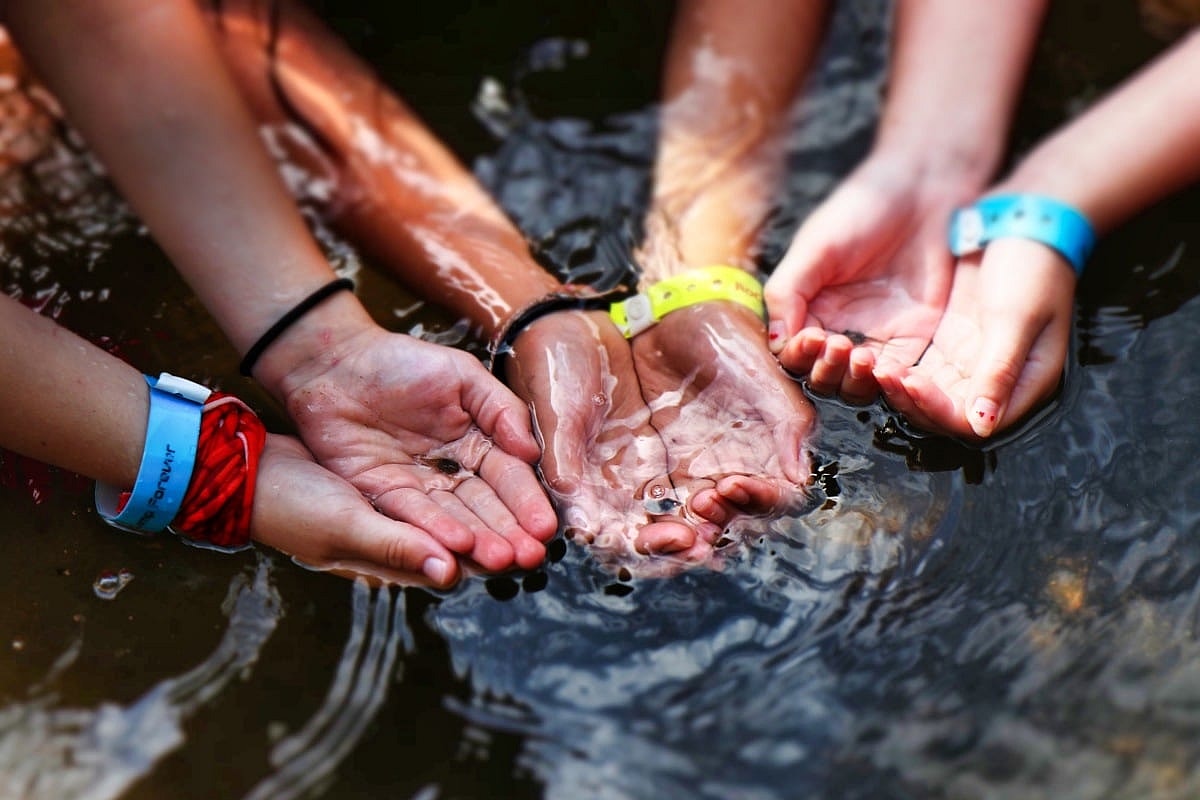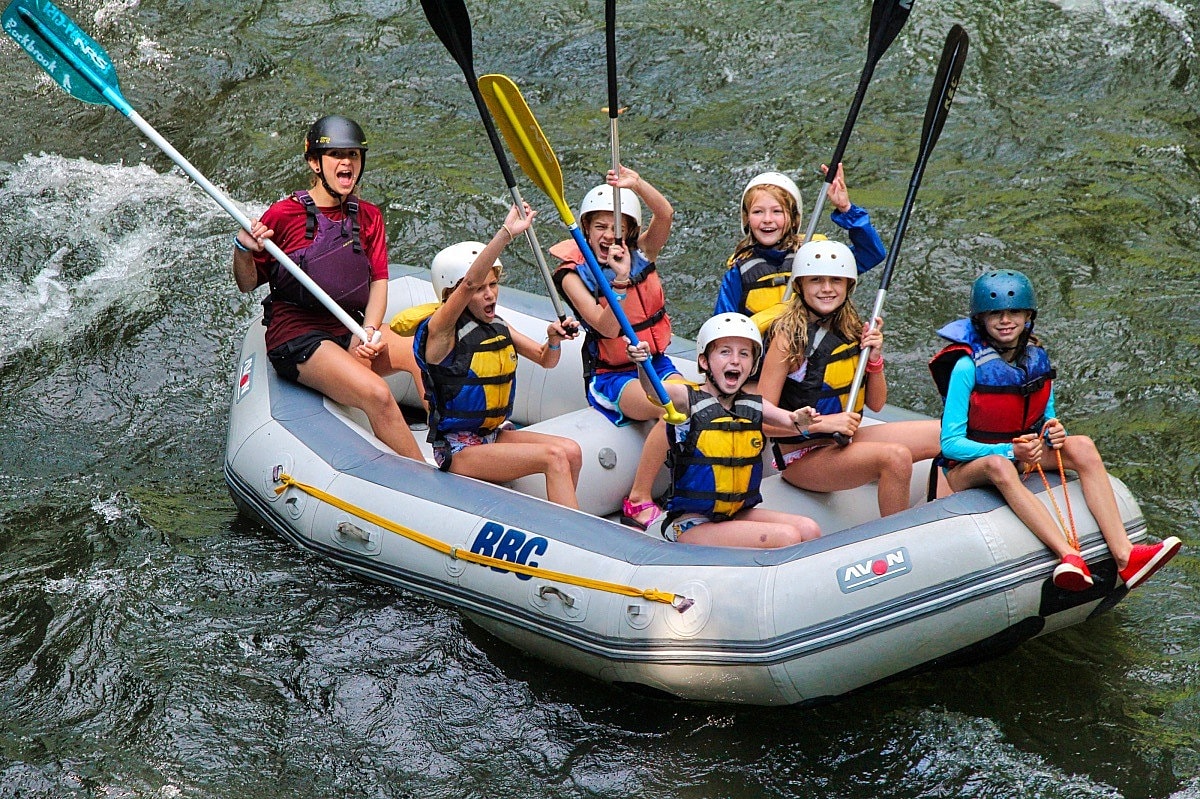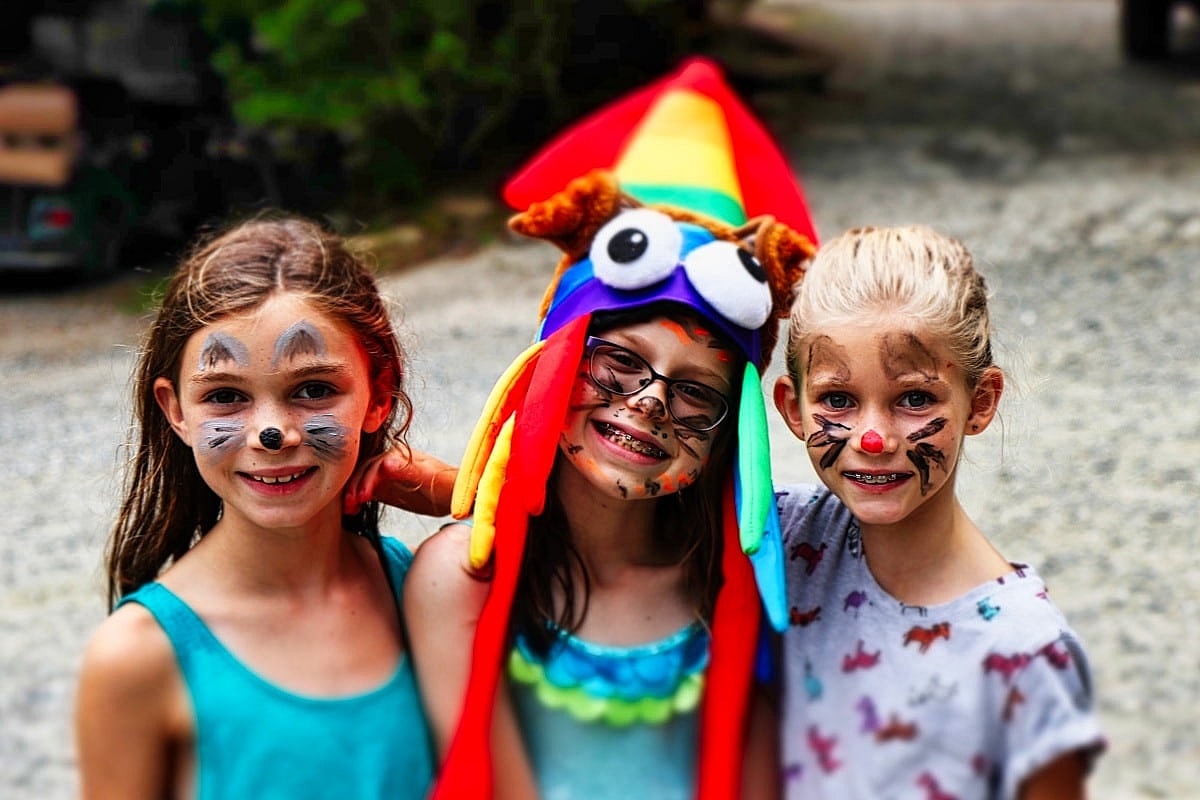You may have heard the term “snowplow parent” by now, for example in the wake of the recent college admissions scandal that revealed certain parents were essentially bribing colleges and universities to admit their children. The term refers to well-meaning moms and dads taking too far their desire to help and guide their kids, and, like a snow plow, clearing away obstacles that might impede their path to success. This impulse to protect kids from struggle, to shield them from failure, to rescue them from anything frustrating or uncomfortable is apparently increasingly common, especially among more affluent parents who have the means to accomplish these goals. After all, parents “want the best” for their kids. We want to “give them every advantage” we can. Since the moment they were born, we parents have felt it’s our duty to assist and guide our children.
In their 2018 book, “The Coddling of the American Mind: How Good Intentions and Bad Ideas Are Setting Up a Generation for Failure,” Greg Lukianoff and Jonathan Haidt address what they describe as an increasingly prevalent “culture of safetyism” that leads to “fearful parenting” and stymied educational settings. While mostly concerned with events on college campuses, the book traces problems back to parenting and assumptions we parents hold regarding the experience of hardship, the infallibility of personal feelings, and the belief that “life is a battle between good people and evil people,” between us and them. Lukianoff and Haidt suggest these ideas lead to our coddling of kids, and yes to us becoming snowplows eagerly removing all forms of adversity for them.
The danger is that this form of safety-driven parenting, especially when established by these three ideas, ultimately hampers our kids’ development. Solving every problem for them (in some cases far into adulthood), swooping in to the rescue, “infantilizes them, emotionalizes them, and tribalizes them,” as Andrew Sullivan put it. It robs them of opportunities to learn from experience, creating fragile, nervous, helpless young people who never grow up to be strong and independent.
I bring all of this up not to sling parent-shaming mud around, but rather to bring our attention to the dangers of being too focused on making our kids’ lives perfectly comfortable, safe, convenient, and entertaining. This may sound strange coming from a summer camp director since we regularly work to create exactly this kind of experience for kids. We make sure camp is super fun. At the same time though, life at camp is so different from everything at home— different food, activities, relationships, and the general outdoor environment —it inevitably includes regular moments of challenge, struggle and adversity. And there are bound to be disagreements, even hurt feelings, in this kind of close-knit community. Like life in the outside world, for both children and adults, we occasionally experience setbacks, at times feel frustrated, and perhaps wish things were different than they are.
Most importantly though, there are no parents at camp, nobody to plow the road, to coddle, or smooth all the bumps from the path. Instead we have a supportive community of people that encourages girls to try things on their own, that allows a measured degree of freedom to explore, and that carefully guides us without fear of failure. Camp girls learn that they can handle these moments. They don’t have to wait for help. They don’t need someone to “pave the jungle.” On their own and away from mom and dad, camp girls cultivate a greater ability to tolerate discomfort. Without worrying, they grow more confident, build a sense of grit, and a habit of resilience.
In this way, I think life at camp is both incredibly fun and powerfully educational. Camp girls have daily experiences that prove they are competent and capable. They learn that they can address moments of hardship, confidently move beyond what’s comfortable, and make strides despite challenges. Sending your daughter to camp is the opposite of coddling. It’s trusting that she’ll be able, with perseverance and the support of the caring camp community, to meet the occasional challenge, tolerate moments of discomfort, and grow in the process. No plow necessary!






“Prepare the child for the road, not the the road for the child.”